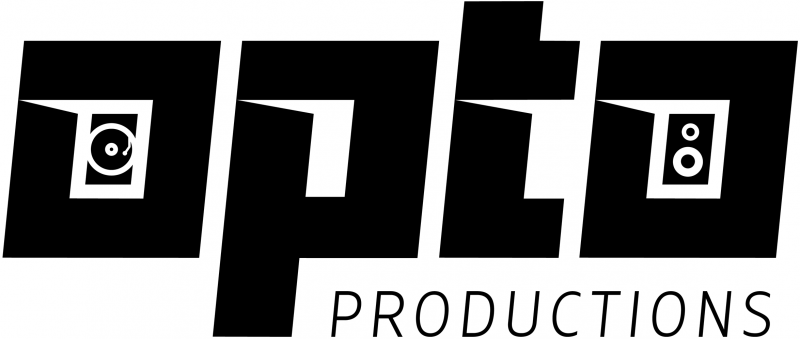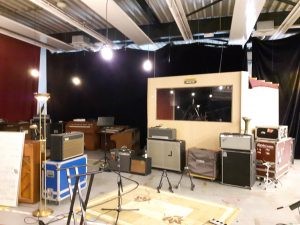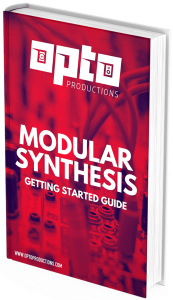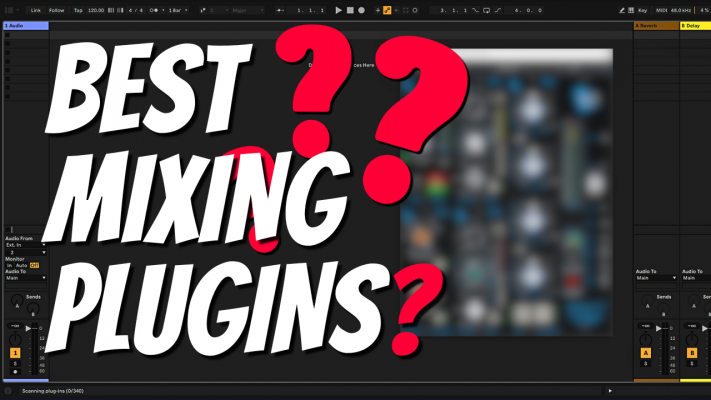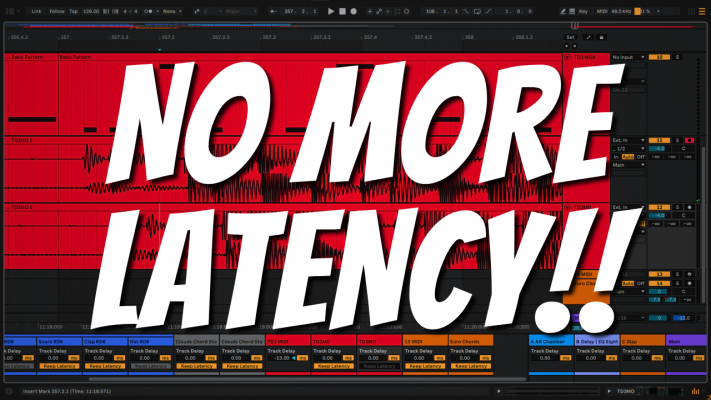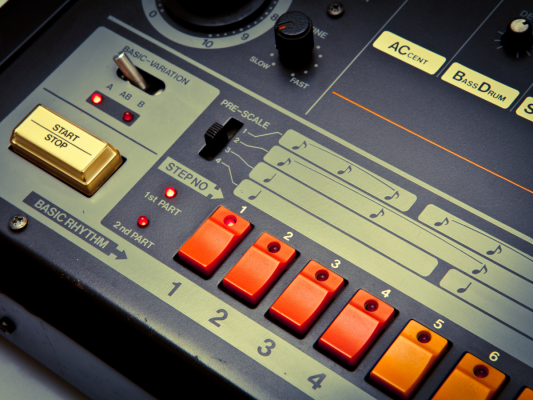What is a music producer?
We have all heard of the term ‘music producer’, a name you can find on the inside of your cd case. But what exactly is a music producer? Before we can answer that question, we must first determine what kind of music producer we’re talking about.
There are producers who are solely concerned with only the technical aspects of the recording process. There are also producers who work closely together with the band to form new compositions. You even have producers who are only interested in the business side of producing an album or ep. Today, however, I am going to talk about the tasks and objectives of a coaching studio producer.
Coaching Studio Producer
A coaching music producer is someone who accompanies his or her clients on the way of creating their album or EP. With clients, I mean music acts, singer-songwriters and bands. Bands with little or no studio experience can develop excellently with the helping hand of an experienced producer who can also find his way around the targeted market. A coaching producer perfectly knows how to mold a rough demo into a polished end result.
The coaching begins as early as what is called the ‘preproduction-process’. This process takes place way before the band even sets foot inside the studio. At first, the producer will attend a repetition- session to see and hear the band play. Often, the producer already heard some demo’s but he usually likes to meet the band in person as well. After this listening session, the band and producer discuss which tracks have enough potential to make it onto the album. The songs can be selected based on diversity, but it may also be that some songs are not yet finished enough for a spot on the album. Of course, it is important to know what audience the band is targeting. An indie rock band may be able to get away with experimental music while a jazz trio wants to focus more on the purist recording approach and traditional style.
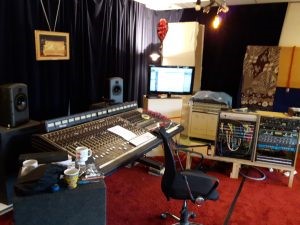 When the track list is selected, the producer will be able to provide his feedback. He can talk about song structure, arrangement, sound, lyrics and many other things. The band will assume the producers knows what their fans expect. Of course, the producer isn’t a dictator. He can also only make suggestions to the band, whether they agree with him or not, after all, it’s their album.
When the track list is selected, the producer will be able to provide his feedback. He can talk about song structure, arrangement, sound, lyrics and many other things. The band will assume the producers knows what their fans expect. Of course, the producer isn’t a dictator. He can also only make suggestions to the band, whether they agree with him or not, after all, it’s their album.
This whole preproduction process may take several weeks. In the meantime, the band can try out alternate versions of their songs on stage and edit them where necessary. The coaching music producer spends most of his time on the preproduction process. In this period, changes are made that have the greatest effect on the final result.
The recording phase
After the band and producer are happy about the written tracks, the recording phase can begin. During preproduction, the subject of sound is already discussed several times. The band knows which guitars and effect pedals to use and which articulations to play with. Now it’s time to decide upon which guitar amps and drumkits to use. A settled producer with his own studio will have most of the gear lying around but a new producer has to rent everything. It could also be that the band ignores traditional guitar amps and record straight into the audio interface to later edit it with processing software.
It is also important to discuss which recording method the band is going to use. Are they doing a live take in real time or are they overdubbing each musician separately? And is there only one vocal part or will the singer record harmonies on top of the original take? These are important questions where the producer has to decide what will work for the band. In addition, the song can work great in the studio, but how do you it play live with 6 different guitar parts when you only have 2 guitarists? The live aspect must be addressed here as well.
When the guitar amps, drumkits, keyboards, synthesizers, effect pedals etc. are all rented and reserved, the majority of the work is done. A coaching producer may not have the luxury of having his own music studio and may have to divert to an external recording facility. In addition to hiring a studio, an external engineer is also hired to carry out the technical part of the recording process.
Many indie bands as well as more pop-oriented bands begin with a live recording where all musicians play together. This allows the musicians to communicate with each other and this will greatly improve the energy and feel of the song. When this primary take is laid down, additional guitar and keyboard parts can be included as filler material. Small hand percussion like shakers and tambourine add lots of extra energy to the track and it really gives that extra touch to the end result. Finally, the lead vocal is recorded again in isolation, together with added harmony parts.
Finalizing the project
When all takes are done it is time for the mixing phase to kick in. On larger productions, the band will usually hire an external mixing engineer to mix the album. Indie-bands with a smaller amount of money may allow the producer to mix the tracks as he knows what the end product will sound like. This combination of coaching and mixing sometimes makes it difficult to keep the different types of music producers apart.
The final step of the production process is to hand the album over to a mastering engineer. An external professional will objectively evaluate each song’s balance and makes sure it will sound great on all listening environments. After the mastered songs are finished some final administrative tasks are taken care of including publishing and registering copy- and neighboring rights.
A coaching music producer thus has many different tasks on his plate, but in its purest form is an expert composer. He spends most of his time polishing rough diamonds rather than worrying about microphone positions.
Sources:
Unknown (2015) Wat doet een muziekproducer? 18 juni 2016, from “http://muziekbusiness.nl/wat-doet-een-muziekproducer/”
(1) Massey, H. (2000). Behind the Glass: Top Record Producers Tell How They Craft the Hits. Wisconsin: Backbeat Books.
Interview Martijn Groeneveld (“http://www.mailmen.nl/”)
Interview Sam Jones (“http://studiojoneski.com/”)
